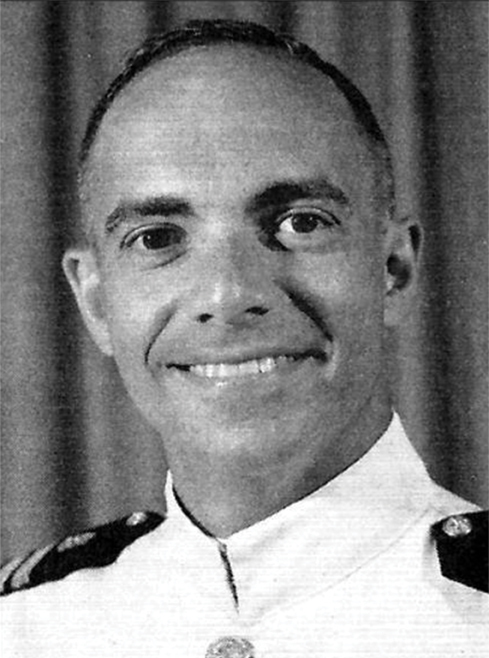

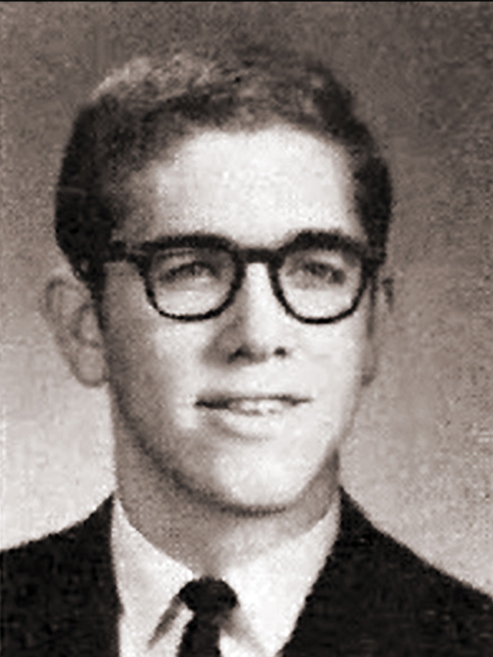

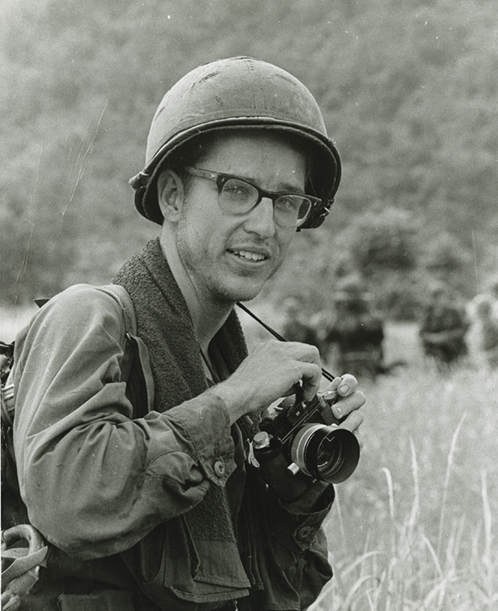
Special collections and college archives, Musselman Library, Gettysburg College.

Special collections and college archives, Musselman Library, Gettysburg College.
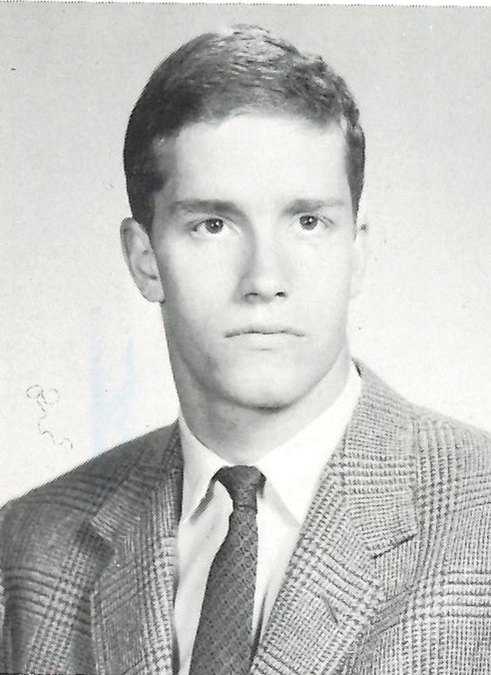

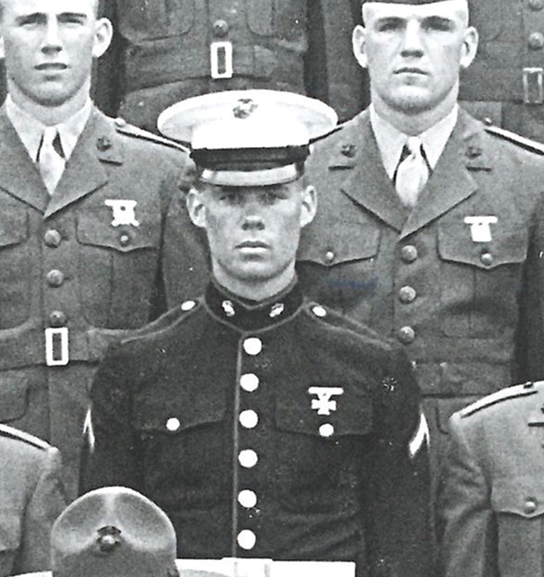

2023 marks the 50th anniversary of the Paris Peace Accords, which effectively ended America’s part in the war in Vietnam. Much has been written about how the war—and opposition to it—shaped campus life at Yale in the 1960s and early ’70s. Perhaps less is known about the Yale men who died in the war: 35 alumni whose names are carved in the marble walls of Memorial Hall.
The names include 29 from Yale College, two from the Law School, two from the Graduate School, and one each from the drama school and the medical school. Most were military personnel, but two worked for NGOs in Vietnam and Laos. Many of the 35 were career military officers in their 30s; others were young men who had left Yale to enlist or who were drafted.
The first casualty was Maj. David Webster ’51, a Marine helicopter pilot who died in a crash during a rescue mission in March 1963. Webster was among the US military advisers who were in Vietnam even before the 1964 Gulf of Tonkin Resolution. (Webster’s name was not added to the Yale memorial until 1993, because the planners had originally used a start date of 1964 for the war.) The last was Marine Lt. Francis Allen Boyer ’69, who was killed in an accident at Camp Pendleton, California, in December 1972.
Stephen Henry Warner ’71LLB had just finished his first year at Yale Law School when he was drafted in 1969. Warner had been an outspoken protester against the war as an undergraduate at Gettysburg College. He was assigned a one-year tour of duty in Vietnam away from the fighting: at the headquarters of the Army’s Public Information Office. “I am now on my way to play my part in America’s greatest military disaster,” he wrote to a friend shortly before leaving.
Bored with the work at headquarters, Warner and his colleagues began making forays into the field to experience and document the war firsthand. On February 14, 1971, two weeks before he was scheduled to go home, North Vietnamese soldiers fired on a convoy Warner was riding in; his personnel carrier was hit with a rocket-propelled grenade, killing Warner and four GIs.
Cpl. Donald Porter Ferguson ’69 was as much a supporter of the war as Warner was an opponent. The youngest Yale man to die in Vietnam, he left Yale in March of his freshman year to enlist in the Army. He believed America’s commitment in South Vietnam was honorable and important. In his last letter home before he was killed, he referred to the growing antiwar sentiment. “Some people say ‘bring the boys home.’ They had better check with the ‘boys’ first,” he wrote. “We’ll come home when we’re damn good and ready, when this is over.” He died in action north of Saigon on January 13, 1968, at age 20.
Marine Cpl. George Whitney Carpenter ’69 might never have ended up in Vietnam if he hadn’t been required to withdraw after he got in a fight during his second semester at Yale in 1965. He went to work on a cattle ranch in Colorado and was planning to return to Yale in January 1966, but he got a draft notice instead. Since he wasn’t enrolled in college, he had no deferment. After training at Parris Island and in California, he was sent to Vietnam in the summer of 1966. On February 17, 1967, he stepped on a land mine while leading a patrol and was killed instantly. He was 20 years old.
Navy Cmdr. Melvin Lederman ’52MS was a physician who volunteered for service in Vietnam because of the critical need for surgeons there. He died in 1969 when the medevac helicopter he was riding in crashed and burned. A friend wrote that Lederman was “a true hero in every sense of the word. . . . In his off-duty time, he volunteered for medevac missions, much to the consternation of his superiors, because, as he wrote me, he could not conscientiously avoid the opportunity to save human lives regardless of the risks to his personal safety. It was on one of those trips, we believe on the day before he was to return home, that he made his supreme sacrifice.”
Lt. Richard Warren Pershing ’66 was the grandson of Gen. John Pershing, who had led the Allied Expeditionary Forces in World War I. “Persh” was a varsity soccer and lacrosse player and a member of Skull and Bones. A classmate later remembered that “his Park Avenue upbringing, his sports car, and his devil-may-care, debonair attitude made him of a world glamorous and foreign to the rest of us.”
After graduation, Pershing decided to follow his family tradition and went to Officer Candidate School. When he died in Vietnam in 1968, his friends were shocked because, as one put it, “Persh had a magical aura we thought would protect him no matter how dangerous the situation.” Pershing died from wounds he received in combat while searching for a missing member of his unit.
Yale’s memorial to the Yale men who had died in Vietnam was dedicated in May 1978, just as Maya Lin ’81, ’86MArch, was finishing her freshman year. Lin later recalled seeing the stonecutter carving the names while she walked through the Memorial Hall rotunda. “I think it left a lasting impression on me—the sense of the power of a name,” she wrote, in the New York Review of Books in 2000. In 1981, Lin won the competition to create the Vietnam Veterans Memorial on the Mall in Washington, DC. The names of more than 58,000 dead are now carved there in black granite.
 loading
loading